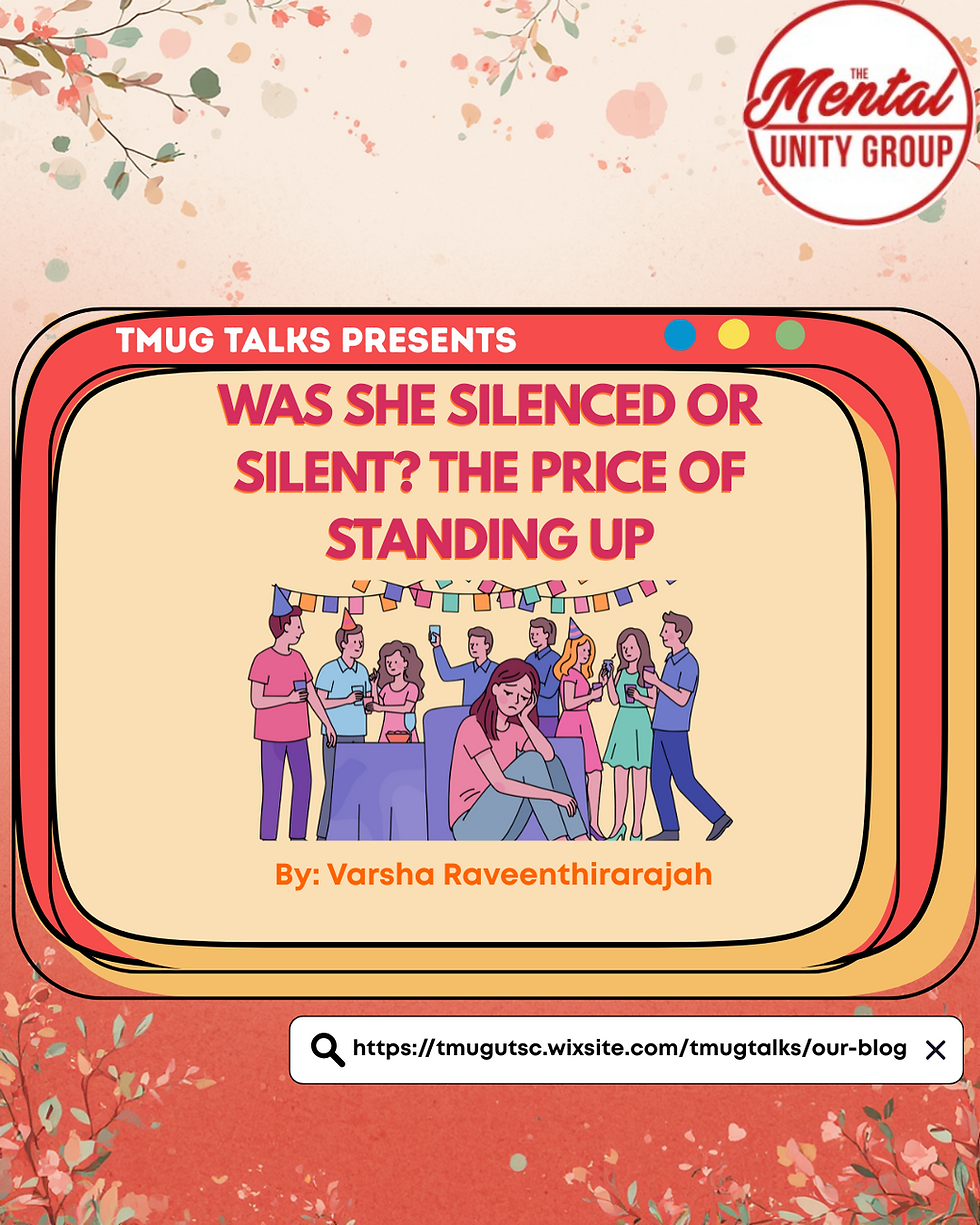Understanding the Effects of Stigma on Parents of Individuals with Developmental Disorders
- Morgaine Westin
- Apr 10, 2019
- 3 min read

About 1 in 6 children in the United States have some sort of developmental disorder, and approximately 4.6% of adults struggle with serious mental health problems. These individuals greatly rely on their parents or other familial caregivers for support on a daily basis, and this parental support often continues to be necessary even after these individuals reach adulthood.
There should be no doubts about the stigma and discrimination faced by individuals with developmental disorders and mental health problems, but there has been less discussion and research on the stigma that the parents of these individuals also face, and the health challenges associated with it. In search of answers, this study aimed to examine the way stigma is experienced by parents of those with developmental disorders and serious mental illness and how it functions as a source of chronic stress and poor health outcomes.
This study used data from the Midlife in United States (MIDUS) study which looked at the health of a sample of individuals across the United States over a number of years. The researchers examined two groups: parents of children with developmental disorders or long-term serious mental health problems, and a comparison group made up of parents of children who did not have developmental disorders or mental health problems. The authors hypothesized that parents of individuals with developmental disorders or serious mental health problems would experience more stigma which would lead to poorer physical health in comparison to the other group of parents.
The term “stigma” can mean a lot of different things to people, and can be experienced in various ways. For this study, the authors measured stigma in two ways: embarrassment or shame, such as feeling embarrassed by their child’s behaviour, and daily discrimination, such as feeling like they are treated with less respect than others. The authors then compared these measures of stigma with measures of health, including self-rated health and number of chronic conditions.
Sure enough, levels of perceived daily discrimination, embarrassment and shame were significantly higher in the group of parents of individuals with disabilities. These parents also indicated poorer health profiles on both self-report measures and chronic health levels when compared to their counterpart group. The data also showed that these health problems were either directly or indirectly related to the parent’s reports of discrimination and embarrassment or shame over a 10 year period.
These results indicate that the measures of stigma experienced by parents of individuals with disabilities may lead to poorer health outcomes over time. Particularly, the chronic stress that these parents experience as long-term caregivers to individuals with developmental disorders and serious mental illnesses can have negative health effects. The authors also note that older parents of children with disabilities may experience more detrimental health concerns than their younger counterparts, as the extended duration of caregiving begins to take its toll.
There have been some efforts to reduce the stigma around individuals with developmental disorders and mental illness, and the authors suggest that these efforts may have “rippling effects” throughout the entire family, and may improve the lives of the parents of these individuals as well. With the prevalence of individuals with developmental disorders and mental health problems across the country, stigma needs to be tackled as a public health problem not only for the well-being of these individuals, but for the parents who help take care of them as well.
Source:
Song, J., Mailick, M. R., & Greenberg, J. S. (2018). Health of parents of individuals with developmental disorders or mental health problems: Impacts of stigma. Social Science & Medicine, 217(Complete), 152-158. doi:10.1016/j.socscimed.2018.09.044





Comments